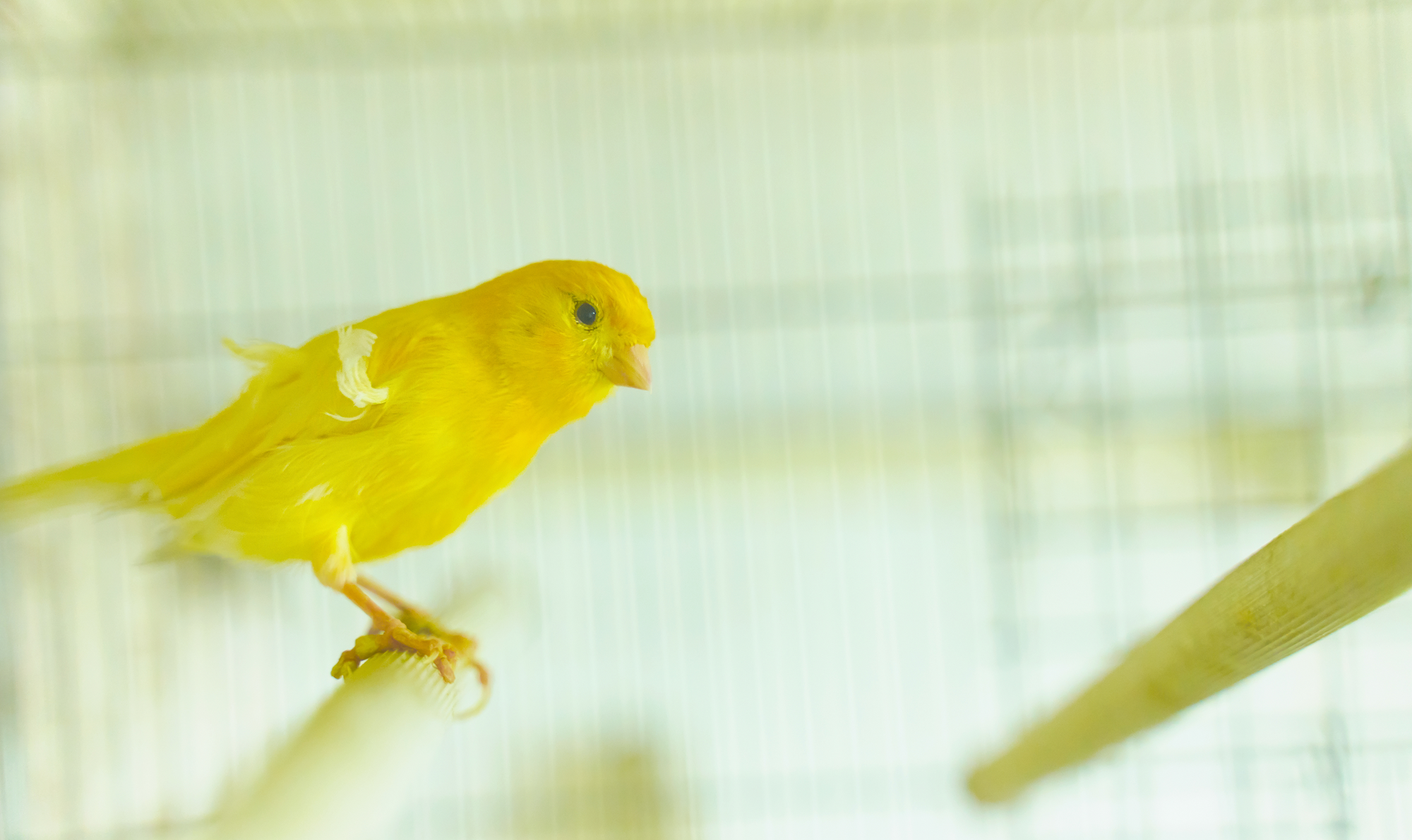At breakfast this morning, I was running at Brain State 4 and realized that all the things that are "big," like having babies, getting married, my kids needing me, finding love, and being there for my parents in their illnesses, might be over for me. It's that time of life.
What came to mind is the work of Peter Sterling, PhD, the brilliant soul who discovered allostasis. He points out in his latest book that the antidote to the "sledge hammer" that dopamine drugs, ultra-processed foods, alcohol, gambling, and tech give us is cultivating the habit of small pleasures. Our ancestors had access to that, so the brain lights up with small pleasures without downregulating the dopamine receptors on our cells. (Downregulation promotes needing more and more, and hence, addiction.)
As the coffee was brewing, a small pleasure came to mind: my morning habit of taking the big blue towels off our canary "Chirpie's" cage, turning on the light above him, and wishing him a good morning.
The canary brings up happy memories from my childhood, as at 8 years old, I had a close relationship with my bright yellow canary, even training him to get on my finger. So the small pleasures are multilayered in my brain.
In EBT, we call that scoring a Joy Point. A smile popped onto my face (I could feel my cheek muscles contract), and instantly, I was running at Brain State 1.5. I still had a bit of a cortisol hangover from my Brain State 4, so it wasn't quite a One. Then, I decided to write this post, and instantly, I was at a Brain State 1.
The lesson learned: when the big natural pleasures and full-blown Brain State 1s aren't available, count on taking care of your stress (as joy switches off the HPA Axis) by proactively cultivating the habit of accessing small pleasures!
In EBT, we believe in making human development and stress overload prevention fun, so you might ask yourself, "How many Joy Points in the form of subtle natural pleasures do I need to be at a bright, shiny Brain State 1?"

